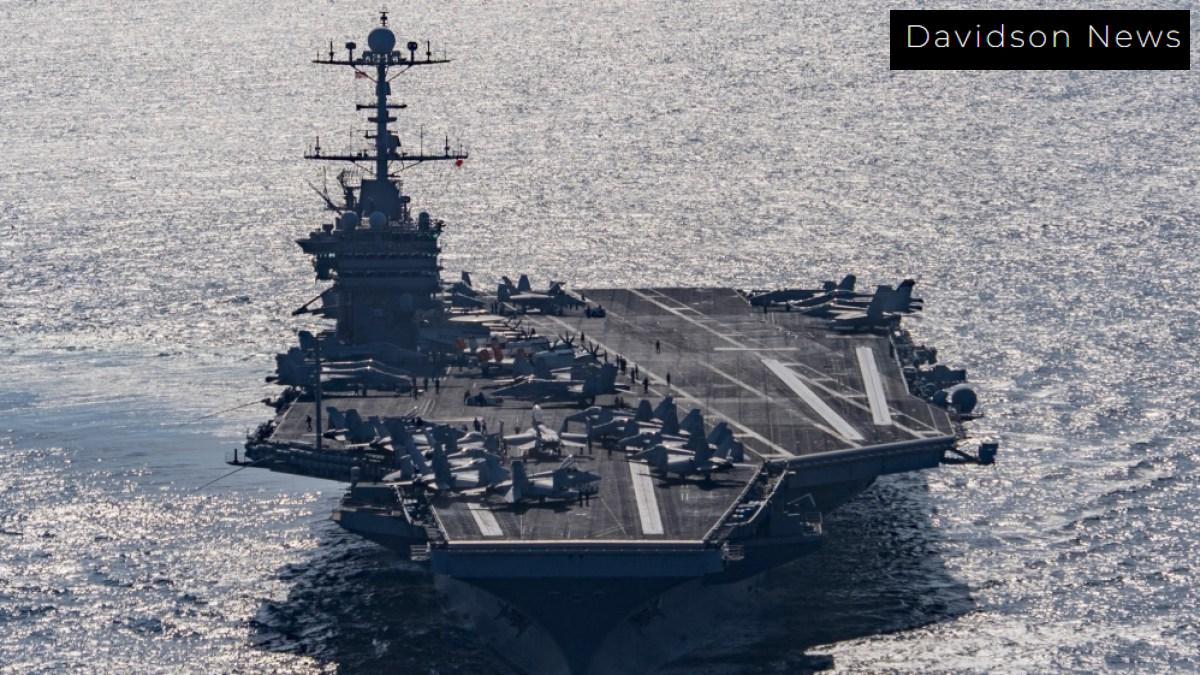The situation in Yemen is rapidly becoming more serious as the Houthis, a group of rebels, have started to attack US naval ships again. This comes right after the US military responded with airstrikes that have already caused a lot of damage and many casualties. The conflict is affecting not only the people in Yemen but also shipping in the Red Sea, an important route for international trade.
Recent Attacks by the Houthis
On Monday, the Houthis announced that they had successfully attacked a US naval vessel, the USS Harry Truman, firing 18 missiles and deploying drones. This marked their second attack in just 24 hours, intensifying fears that the violence in the area is escalating. They claim that these actions are in retaliation against what they see as aggression from the US, particularly against their efforts to target ships linked to Israel.
US Military Response
The US military has been actively conducting operations in Yemen, targeting Houthi military assets overnight. In a series of airstrikes over the weekend, reports indicate that at least 53 people were killed, including many Houthi fighters. The central command of the US Army has confirmed ongoing military actions, indicating they will continue until the menace posed by the Houthis is significantly reduced.
Impact on International Shipping
One major concern with the ongoing conflict is its impact on shipping in the Red Sea. This area is a vital trade route, and increased hostilities are already causing oil prices to rise due to fears of interrupted shipping. President Trump has emphasized that the US will take whatever actions necessary until these attacks on ships stop.
Responses from Regional Leaders
Leaders from Iran have been vocal about the developments as well. General Hossein Salami mentioned that any threat against Iran or its allies will not go unanswered. He has denied that Iran is directly supporting the Houthis, claiming their actions are independent. However, their support has often been a point of contention, especially with the US asserting that Iran is backing the Houthis.
Casualties and Humanitarian Concerns
The humanitarian cost of this conflict is severe. The airstrikes by the US have resulted in deaths and injuries, and the general populace in Yemen continues to suffer. Health officials have reported significant casualties from the strikes. In addition to the immediate physical harm, many are concerned about the long-term effects on healthcare and living conditions for Yemenis caught in the crossfire.
Outlook on Future Conflicts
As both sides dig in their heels, there’s a real worry about how this could escalate further. Escalating military actions by the US may lead to more Houthi retaliation, creating a cycle of conflict. Observers are watching closely to see if there will be any diplomatic efforts or peace talks to resolve these tensions.
In summary, the ongoing conflict involving the Houthis and US forces is a complex disaster that highlights the challenges of peace in the region. The fighting impacts both the military and civilians, and the rising tensions could lead to broader implications for international shipping and stability in the Middle East.
